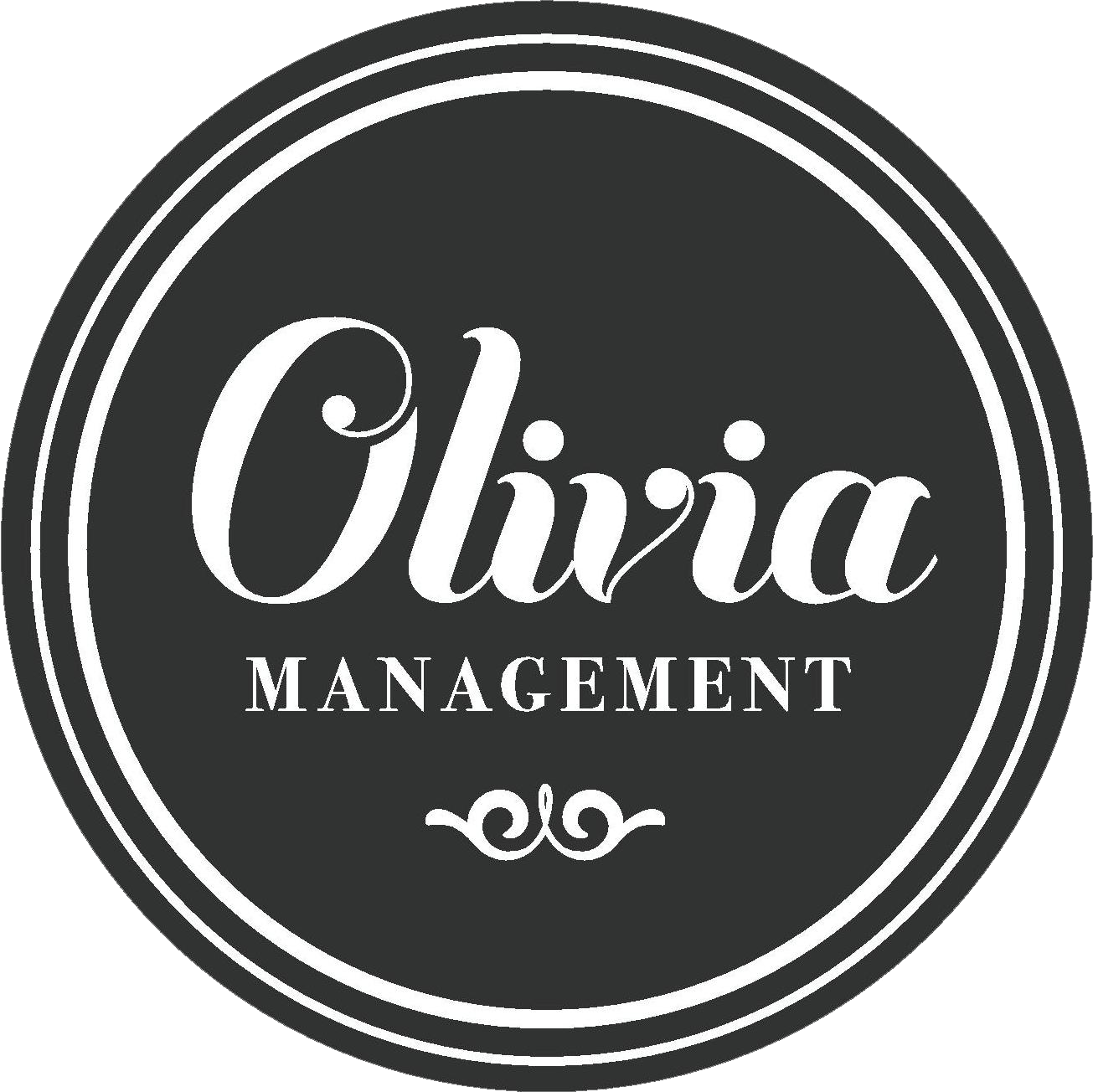I've learned exponentially more than five things about artist management since accepting the job as day-to-day one year ago. However, as you'll see from number one on the list, time is precious so I'm condensing the many things I've learned into this easily digestible list. Hopefully you're able to glean a bit of info from this and apply it to your life as well!
Me eating the best tacos in the world while in Austin, TX with The Secret Sisters for SXSW 2017.
1. There is never enough time
This might sound pessimistic, but I call it realistic. As a manager, you want to do SO many things to help your artist succeed. There's no way you can do all of them at once, so prioritizing what's important and making the best use of your time is crucial.
2. delegation is key
Speaking of time being crucial and there never being enough of it...I've learned what things can and can't be delegated (Correction: still learning). There's a number of things that happen for some of our artists on a cyclical timeline. For example, each show requires so many marketing actions that amount to selling tickets for that show. If it follows a pattern every time, that's something that I can teach one of our capable interns to keep up with so that it's one less thing that I have to worry about on a daily basis. That way, if some out of the ordinary crisis or celebration comes up unexpectedly, those actions are still completed, and they haven't fallen through the cracks just because my day was thrown off course.
3. how to let go of mistakes
To be perfectly honest, I actually haven't learned this, but I'm working on it because it's a necessity. Mistakes happens to everyone. One time when I was in a dumpster state of mind due to a minor error, Erin told me that I catch 98% of things thrown at me, and that's a really good statistic. Of course, it's not an accurate statistic, but in this case, it's the thought that counts. We spend a lot of time dealing with minute details that are incredibly important to the day-to-day operations and success of artists' careers and our own. Nobody is prefect, therefore, as a human, there are some times when I don't catch that one thing thrown at me. It's so vital to your happiness as an employee to learn that although you aren't perfect, there are actions you can take to make sure the same mistakes don't happen multiple times. After you've made a mistake, create a plan to prevent it the next time. Then, follow that plan you made.
4. do your research & FIGURE IT OUT YOURSELF
Whether it's finding out how to complete a task with minimal instruction from your boss because you don't want to ask a thousand questions that will interrupt their important train of thought; or if it's going into a meeting with a potential client so you know their history before you get to know them as a person. Unless you're wasting time, you can never do too much research. In fact, I think I've always known this, but this year just validated this idea for me. Especially when you're taking instruction from someone else, it's best to try and do literally everything in your power to solve a problem on your own because otherwise you're taking time out of your boss's day to fix something that you have the ability to fix if you try hard enough.
5. adopting an artist's voice
Okay, this one's really just so I can feel good about myself/pat myself on the back for one of these five points. Everyone has strengths, some people may be great at math (not me), but because I am a logophile I pay close attention to the words people choose. Once you're around somebody enough, you start to learn the way they verbalize their ideas and construct their phrases. One of my strengths is social media and posting for artists (shhh...don't tell anyone that not all artists post for themselves all the time! *she says sarcastically because surely it's obvious sometimes*), and I've paid close attention to how our artists speak so that I can minimize the number of things we ask from them. Of course, it's super important sometimes for an artist to post for themselves, but for the instances where I can save them the trouble, it's nice to have that ability. If you watch artist interviews, pick up on their quirks, read their past posts and gobble up every resource, you can probably hone in on this skill as well.


